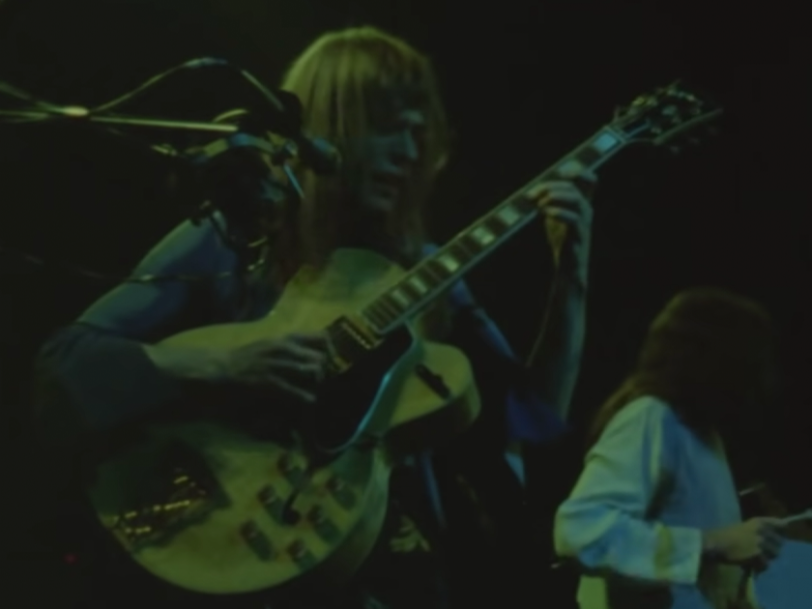The inspiration: “I began writing the lyrics to Roundabout while travelling with the band in a van”
It’s hard to believe that one of the best rock songs of all time was inspired by traffic woes, but that’s exactly how Roundabout began. In March 1971, having just performed a concert at Aviemore, near Inverness, Yes bandmates Jon Anderson, Steve Howe, Chris Squire and Bill Bruford set off on a three-and-a-half-hour journey south to Glasgow through the Scottish Highlands. “I began writing the lyrics to Roundabout while travelling with the band in a van,” frontman Anderson later remembered.
As the van drove past numerous mountains, valleys and lakes, the singer passed the time by smoking a joint to make the drive more interesting (“Everything was vivid and mystical,” he noted), and he found himself amused by how many roundabouts they were crossing. “I took out my little notepad and started writing,” Anderson said. “I wrote the lyrics in a free form and didn’t edit the lines much. I just loved how words sounded when I put them together.”
Later, in their hotel room, Anderson presented his lyrics to guitarist Steve Howe, who picked up his acoustic guitar to record some ideas on a cassette recorder. Mirroring the cyclical nature of Anderson’s words (“I’ll be the roundabout/The words will make you out’n’out”), Howe conjured a rollicking riff from his Martin 0018 folk guitar, and the pair set down the demo for the song. It wouldn’t be until the band met with producer Eddy Offord, however, that Roundabout would gain extra mileage.




